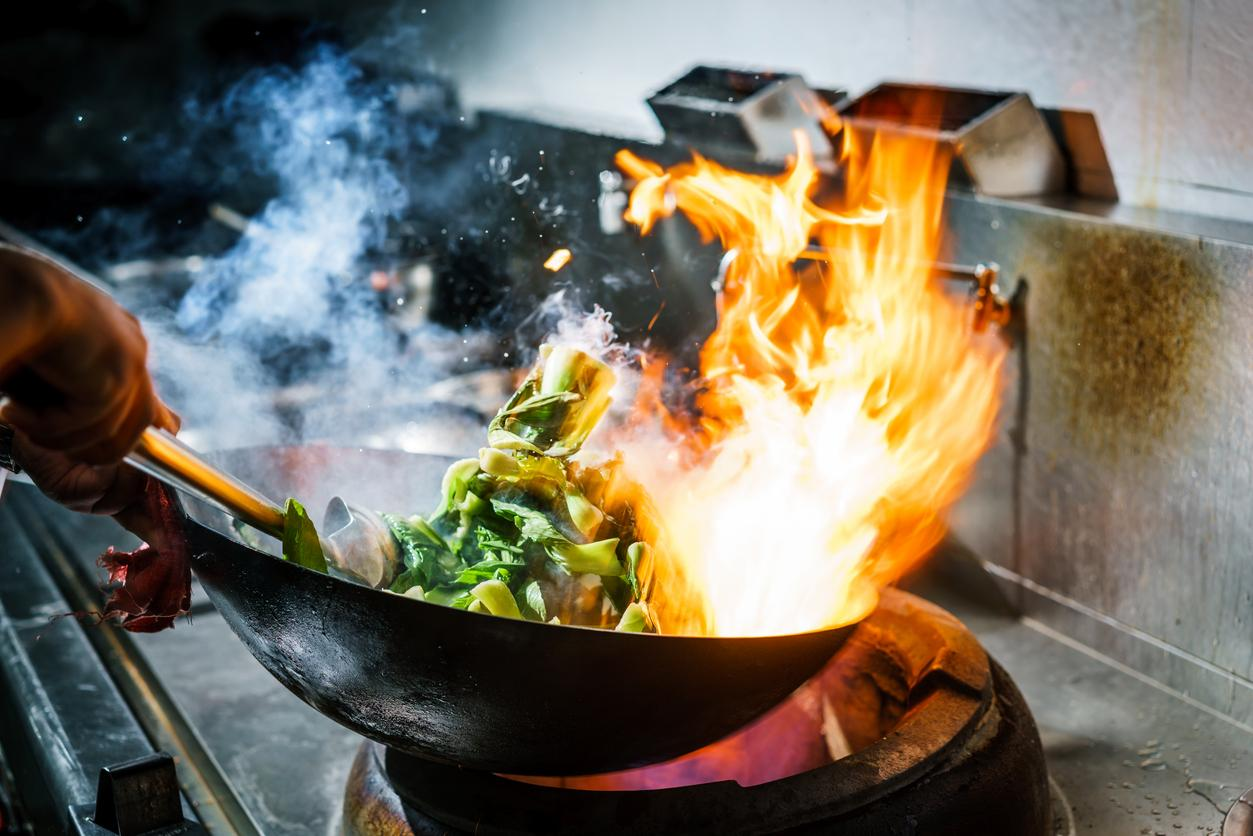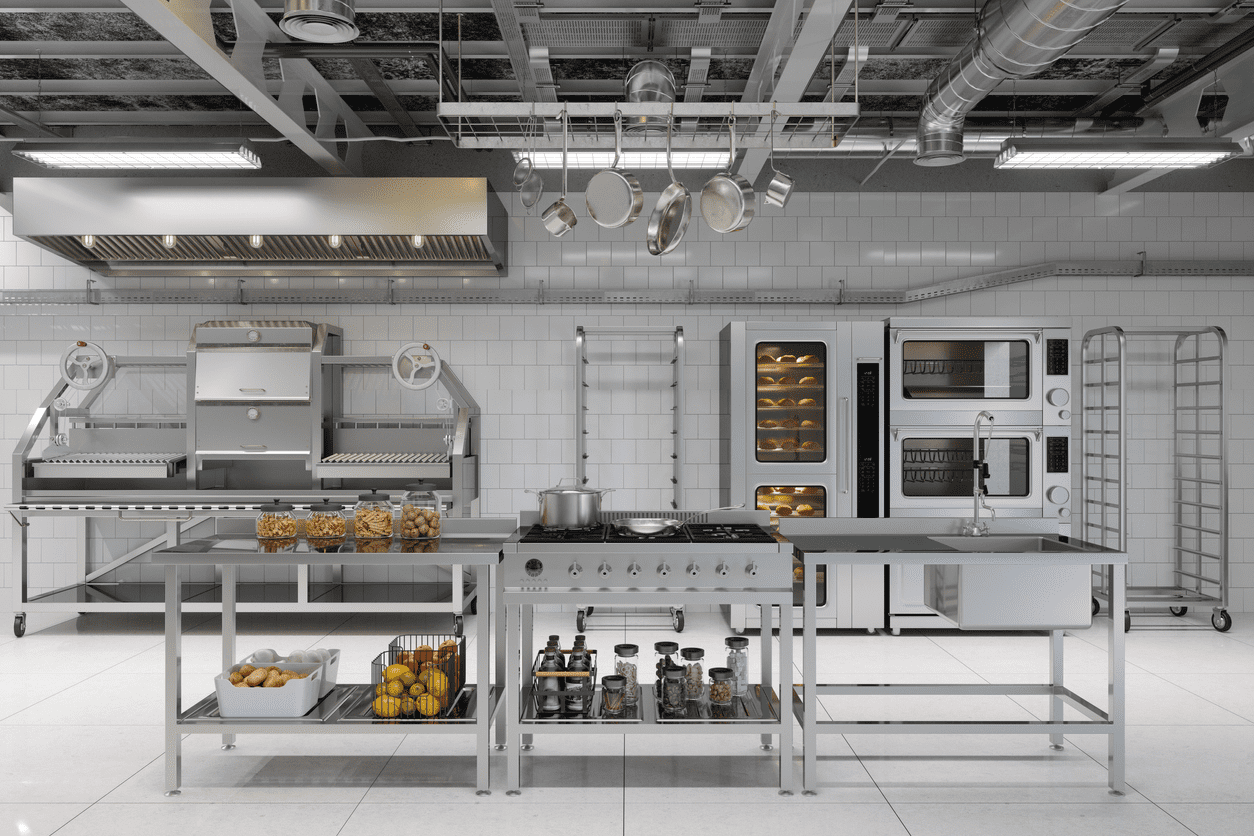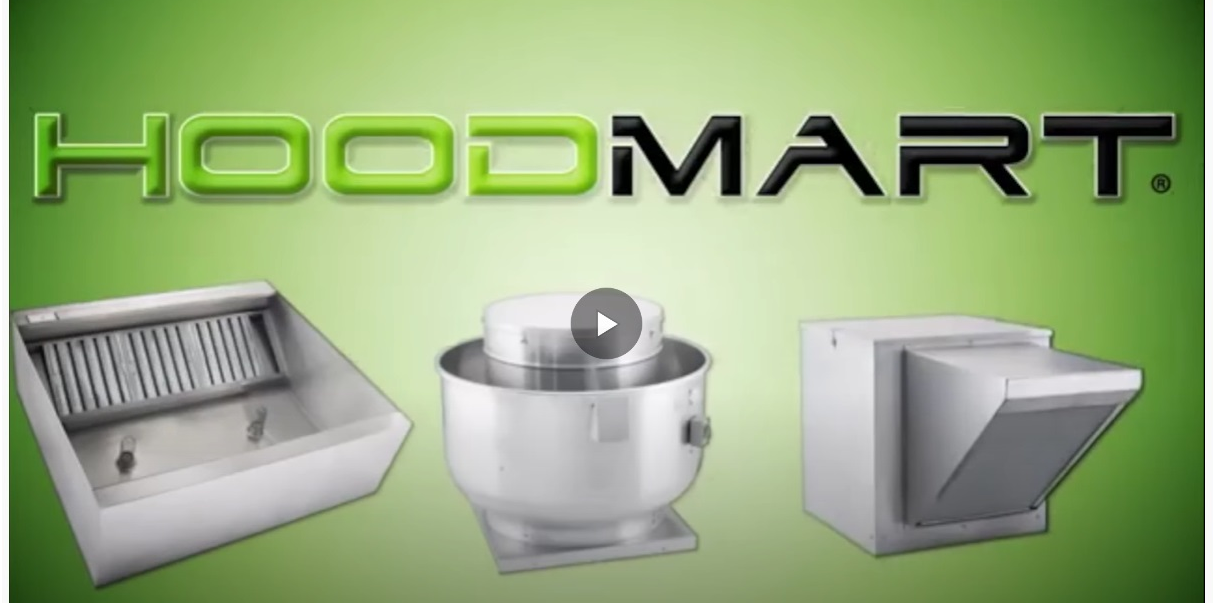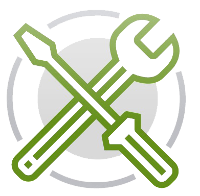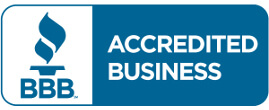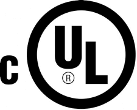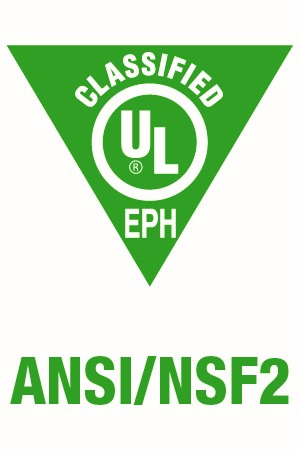We use cookies to help improve our services, make personal offers, and enhance your experience. If you do not accept optional cookies below, your experience may be affected. If you want to know more, please read the Learn more.
Kitchen Hoods: Why They are Essential to a Commercial Kitchen
Kitchen Hoods: Why They are Essential to a Commercial Kitchen
- April 20, 2023
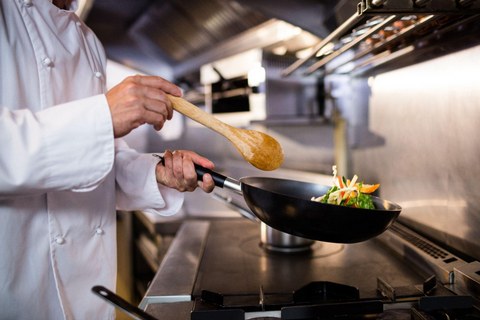
In any kitchen, there are many potential hazards that could lead to fire or other safety issues. Installing a kitchen hood is one of the most important ways to prevent these hazards. Kitchen hoods provide ventilation and are essential components of commercial kitchens by helping to remove smoke, steam, and other potentially harmful gases and particles from the air.
So, why exactly are kitchen hoods so important? Here are some of the key reasons:
Fire Prevention
One of the most significant risks in a commercial kitchen is fire. Grease, oil, and other flammable substances can easily ignite, and the resulting fire could spread quickly without proper ventilation. A kitchen hood helps to prevent fires by capturing and removing grease and other flammable particles from the air. It also provides a way for excess heat to escape, reducing the risk of fire, making the hood an essential component of any fire suppression system.
Improved Air Quality
Cooking in a commercial kitchen can create a lot of smoke, steam, and other airborne particles, especially grease-laden vapors. These particles can build up without proper ventilation, creating an unpleasant and potentially hazardous work environment. A kitchen hood helps to remove these particles from the air, improving air quality and making it safer and more comfortable for kitchen staff.
Compliance with Regulations
Compliance with regulations is crucial for installing a kitchen hood in a commercial kitchen. In many areas, health and safety regulations require installing a kitchen hood to protect public safety and ensure that commercial kitchens are operating safely and hygienically. Failure to comply with these regulations can result in fines, closures, and even legal action.
Regulations may vary depending on the location and type of establishment. For example, some rules may require a specific type of hood or a certain level of ventilation based on the size of the kitchen or the style of cooking being done. Commercial kitchen operators must research and comply with all applicable regulations to avoid costly fines and legal consequences.
Protecting Kitchen Equipment
Protecting kitchen equipment is another critical reason kitchen hoods are essential to commercial kitchens. Commercial kitchen equipment is a significant investment; proper ventilation is necessary for the moisture and grease-laden vapors produced during cooking to prevent damage over time. This can result in costly repairs and the need for premature equipment replacement.
A kitchen hood also helps to protect kitchen equipment by removing unwanted particles from the air. Removing excess moisture from the air also helps prevent corrosion and rust, which can lead to premature equipment failure and increased expense over time. A properly ventilated environment in the kitchen is less likely to create conditions that contribute to equipment failure. This can help extend the equipment's life and reduce the frequency of repairs, saving kitchen operators time and money.
Enhanced Efficiency
A kitchen hood can also help improve your kitchen's overall efficiency. Removing smoke, steam, and other particles from the air allows kitchen staff to see more clearly and work more effectively. It also helps to reduce the time needed to clean up after cooking since there will be fewer particles and grease to clean up.
Different Hoods for Different Functions
So it’s clear that a kitchen hood is non-negotiable in a professional kitchen. But not all hoods are created the same way or even for the same purpose. Let’s take a look at the types of hoods most commonly found in commercial kitchens:
Wall-mounted canopy hoods: Wall-mounted canopy hoods are the most common type of commercial kitchen hood. They are mounted on the wall behind the cooking equipment and are designed to capture and exhaust heat, smoke, and grease from the cooking process. These hoods are suitable for various cooking equipment, from stovetops to ovens.
Island hoods: Island hoods are designed to be suspended from the ceiling over cooking equipment that is not against a wall, such as a kitchen island. They are similar in function to wall-mounted canopy hoods but are mounted from above rather than from behind. These hoods can be a good choice for open kitchen designs.
Condensate hoods: Condensate hoods are designed to capture and remove steam and condensation generated by commercial steamers and kettles. They are typically smaller than other types of hoods and are intended to be mounted directly over dishwashers, steamers, or kettles.
In conclusion, kitchen hoods are essential components of any commercial kitchen. They help to prevent fires, improve air quality, comply with regulations, protect kitchen equipment, and enhance efficiency. You must install a kitchen hood to protect your staff, customers, and business if operating a commercial kitchen.
Not sure which hood is right for your commercial kitchen? The experts at Hoodmart are ready to answer your questions and ensure a perfect fit - contact us today!






